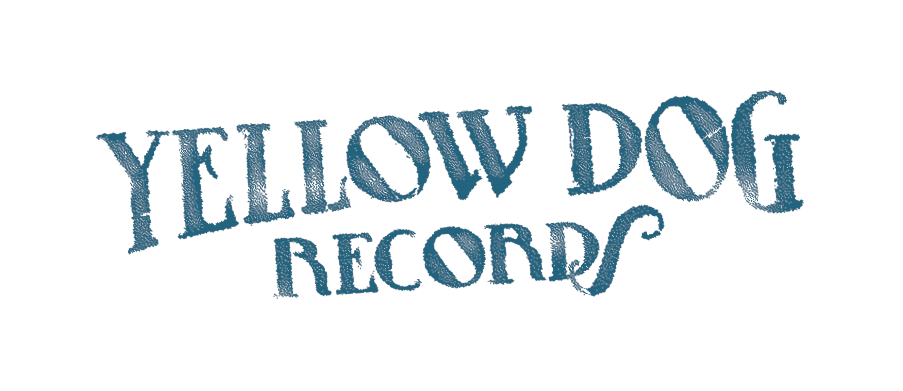About
Tradition and Innovation
Yellow Dog Records was founded in 2002 in Memphis, TN, with the goal of cultivating the American musical heritage. The label features artists who emphasize innovative approaches to authentic American musical roots traditions — Blues, Jazz, Soul, Americana, and Folk styles. By providing support for recording, production, promotion and distribution, Yellow Dog Records brings this vital music to new and wider audiences.
Yellow Dog albums and artists have been nominated for over forty Blues Music Awards and Independent Music Awards, and in 2016 the label was recognized with the Keeping the Blues Alive award, the Blues Foundation’s highest honor for “individuals and organizations that have made significant contributions to blues music”.
The Name “Yellow Dog Records”
The name “Yellow Dog Records” is inspired by the Yellow Dog railroad and its role in American music history.
The Yazoo / Delta railroad was a small rail line running through the heart of the Mississippi delta in the early 1900s. It was popularly known as the “Yellow Dog” for reasons that are not known for certain today, although possible reasons include yellow-painted rail cars, labor disputes, and a yellow dog who used to run up and down the tracks barking at the train. According to some stories, folk legend John Henry helped to build the Yellow Dog railroad.
References to the Yellow Dog appear in early blues songs by Charlie Patton, Lucille Bogan, and Big Bill Broonzy. But its most famous reference is given in the autobiography of W.C. Handy. In it, he described an incident in 1903 at a train station in Tutwiler, MS, where he heard an old man playing guitar with a knifeblade and singing over and over again, “Goin’ where the Southern cross the Dog”. The man’s singing was answered by the moaning sound of the knife sliding across the metal strings of the guitar.
Handy, a classically trained composer, had never heard anything like it before and was awestruck. He later wrote that it was “the weirdest music I’d ever heard.” Handy was so affected by this rural form of music that he incorporated it into compositions including “Memphis Blues”, “Saint Louis Blues”, and “Yellow Dog Blues”, which were instrumental in bringing blues styles to popular attention.
What they’re saying
Hear what all the fuss is about
OK, so now you’ve read the plaudits. You know the history. But it’s supposed to be about the music, man! It’s all right here.
